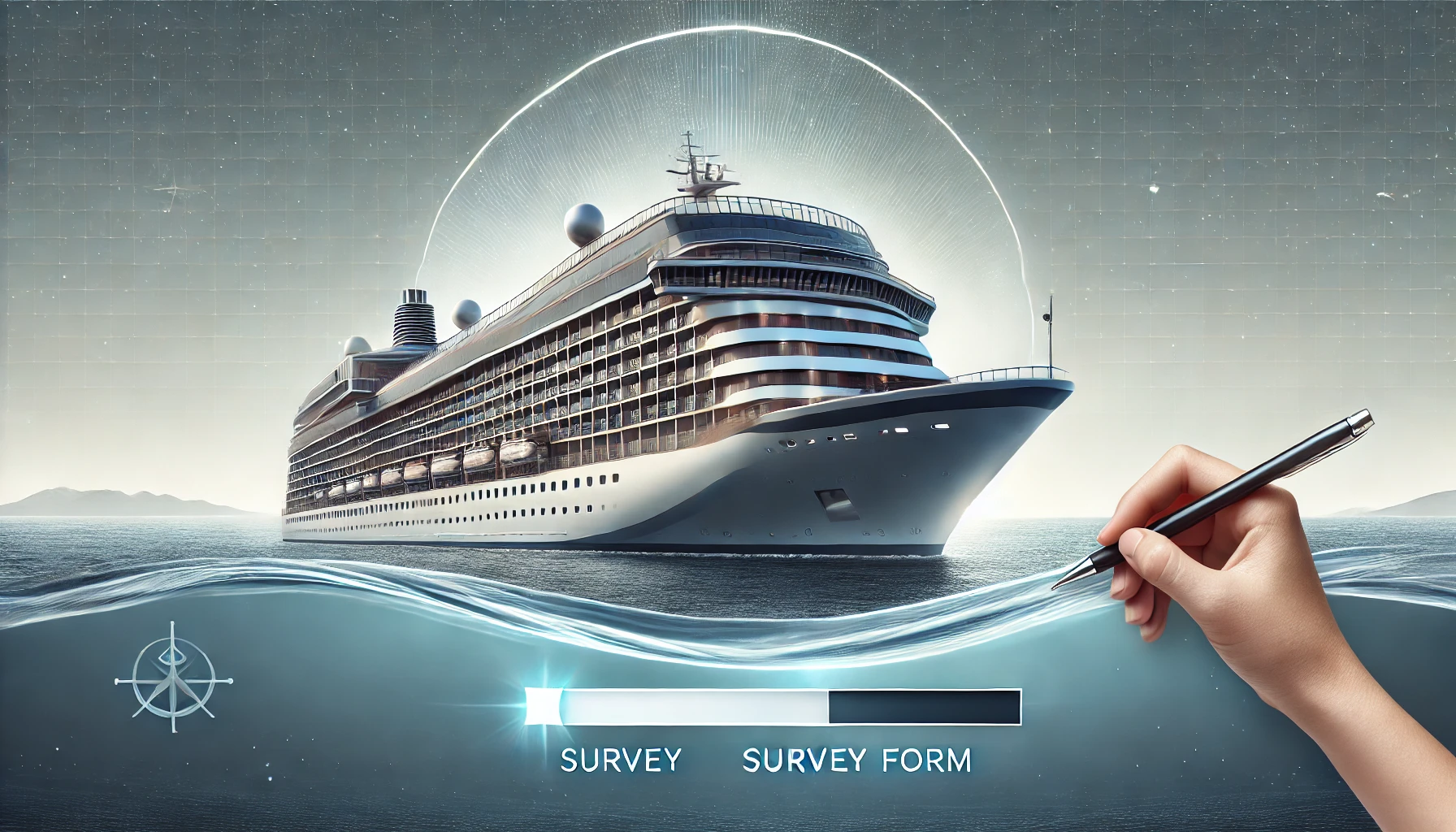Do you know your rights and what the International Maritime Organization Does? It is the global standard-setting authority for the safety, security and environmental performance of international shipping.
The International Labour Organisation (ILO) is the UN agency that sets internationally recognised labour standards to protect the rights of workers. The ILO is made up of a social partnership of governments, employers and trade unions.
But - cruise ships operate under a flag of convenience ship which is when it flies the flag of a country other than the country of ownership. It provides them the means of avoiding labour regulation in the country of ownership and become a vehicle for paying low wages and forcing long hours of work and unsafe working conditions on seafarers.
Once a ship is registered under an FOC many shipowners then recruit the cheapest labour they can find, pay minimal wages and cut costs by lowering standards of living and working conditions for the crew.
Do you know your rights and what the International Maritime Organization Does? It is the global standard-setting authority for the safety, security and environmental performance of international shipping.
The International Labour Organisation (ILO) is the UN agency that sets internationally recognised labour standards to protect the rights of workers. The ILO is made up of a social partnership of governments, employers and trade unions.
But - cruise ships operate under a flag of convenience ship which is when it flies the flag of a country other than the country of ownership. It provides them the means of avoiding labour regulation in the country of ownership and become a vehicle for paying low wages and forcing long hours of work and unsafe working conditions on seafarers.
Once a ship is registered under an FOC many shipowners then recruit the cheapest labour they can find, pay minimal wages and cut costs by lowering standards of living and working conditions for the crew.
Did you know that your hours are meant to be:
The minimum hours of rest, as per the ILO maritime convention should be:
Source: ITF Seafarers
The International Labour Organisation (ILO) is the UN agency that sets internationally recognised labour standards to protect the rights of workers. The ILO is made up of a social partnership of governments, employers and trade unions.
But - cruise ships operate under a flag of convenience ship which is when it flies the flag of a country other than the country of ownership. It provides them the means of avoiding labour regulation in the country of ownership and become a vehicle for paying low wages and forcing long hours of work and unsafe working conditions on seafarers.
Once a ship is registered under an FOC many shipowners then recruit the cheapest labour they can find, pay minimal wages and cut costs by lowering standards of living and working conditions for the crew.
Do you know your rights and what the International Maritime Organization Does? It is the global standard-setting authority for the safety, security and environmental performance of international shipping.
The International Labour Organisation (ILO) is the UN agency that sets internationally recognised labour standards to protect the rights of workers. The ILO is made up of a social partnership of governments, employers and trade unions.
But - cruise ships operate under a flag of convenience ship which is when it flies the flag of a country other than the country of ownership. It provides them the means of avoiding labour regulation in the country of ownership and become a vehicle for paying low wages and forcing long hours of work and unsafe working conditions on seafarers.
Once a ship is registered under an FOC many shipowners then recruit the cheapest labour they can find, pay minimal wages and cut costs by lowering standards of living and working conditions for the crew.
Did you know that your hours are meant to be:
- A maximum of 14 hours in any 24 hour period
- A maximum of 72 hours in any seven day period
The minimum hours of rest, as per the ILO maritime convention should be:
- A minimum of ten hours in any 24 hour period
- A minimum of 77 hours in any seven day period
- The hours of rest can be divided in a maximum of two periods, one of which should be at least six hours in length. Two such consecutive periods should not be separated by more than 14 hours.
Source: ITF Seafarers

